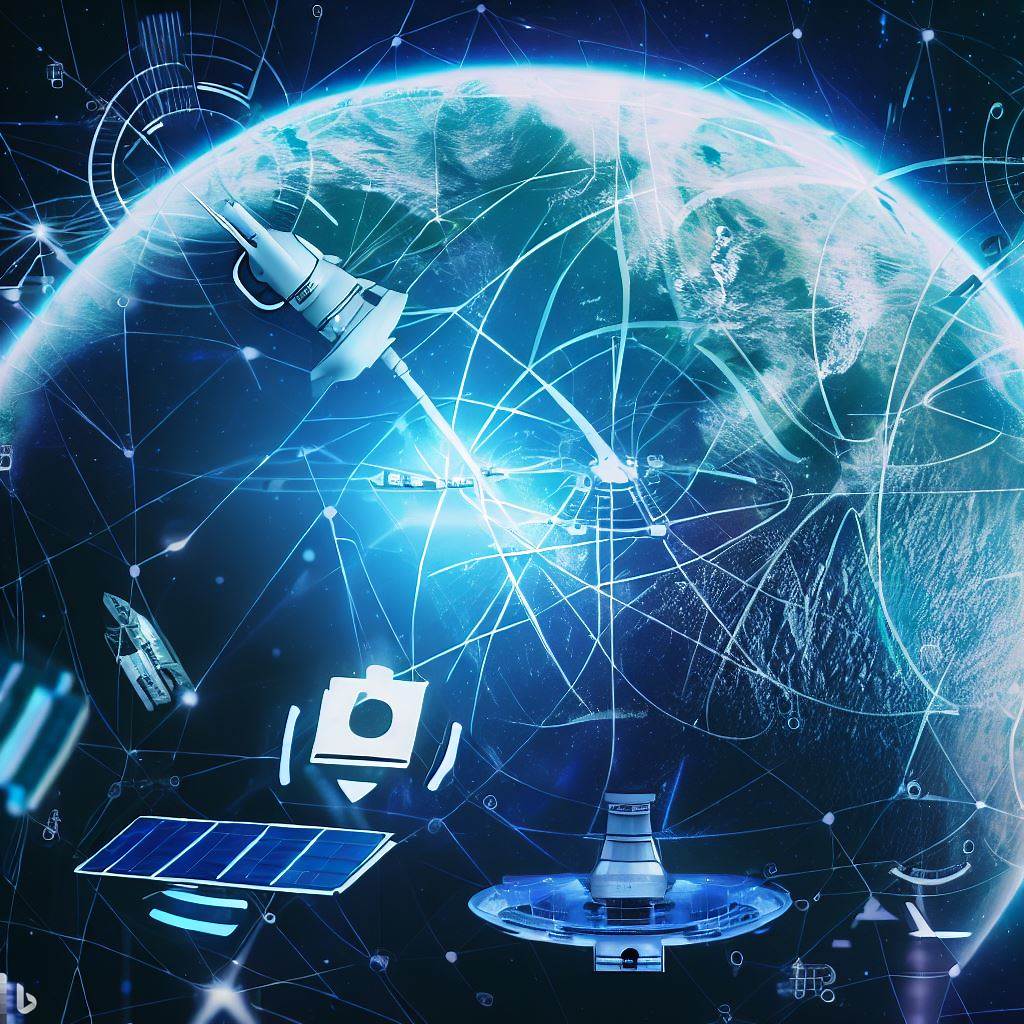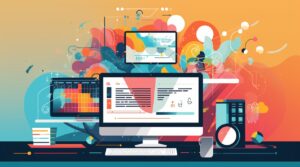As we step further into the digital age, the landscape of work is rapidly evolving. With advancements in artificial intelligence (AI) and automation, many traditional job roles are undergoing significant transformations. Here are 10 jobs poised for substantial change in the near future:
- Retail Workers: With the rise of online shopping and automated checkout systems, the role of traditional retail workers is shifting towards more customer service-oriented tasks.
- Customer Support Representatives: AI-powered chatbots are becoming increasingly sophisticated, handling basic customer inquiries and freeing up human agents to focus on more complex issues.
- Transportation Workers: Autonomous vehicles are on the horizon, potentially impacting jobs in driving and logistics. However, new opportunities may emerge in overseeing and managing these fleets.
- Manufacturing Workers: Robots and automation technologies are streamlining production processes, leading to a reduced need for manual labor in manufacturing plants.
- Data Analysts: AI algorithms can quickly analyze vast amounts of data, potentially augmenting the role of data analysts by providing deeper insights and predictions.
- Accountants: AI-powered software is automating routine accounting tasks such as bookkeeping and data entry, allowing accountants to focus on higher-level financial analysis and strategy.
- Journalists: Natural language generation algorithms are capable of writing news articles based on data inputs, although human journalists are still essential for investigative reporting and storytelling.
- Medical Diagnosticians: AI systems are being developed to assist doctors in diagnosing illnesses by analyzing medical images and patient data, improving accuracy and efficiency in healthcare.
- Legal Professionals: AI-powered tools are being utilized for legal research and document review, potentially reducing the time spent on tedious tasks and enabling lawyers to focus on case strategy and client relationships.
- Teachers: AI-driven personalized learning platforms can adapt to students’ individual needs and preferences, supplementing traditional teaching methods and providing educators with valuable insights into student progress.
While AI and automation undoubtedly present challenges for the workforce, they also open up new possibilities for innovation and efficiency. Adapting to these changes will require reskilling and upskilling, ensuring that workers remain relevant in the ever-evolving job market of the future. Embracing technology as a tool for augmentation rather than replacement will be key to navigating this shifting landscape successfully.










